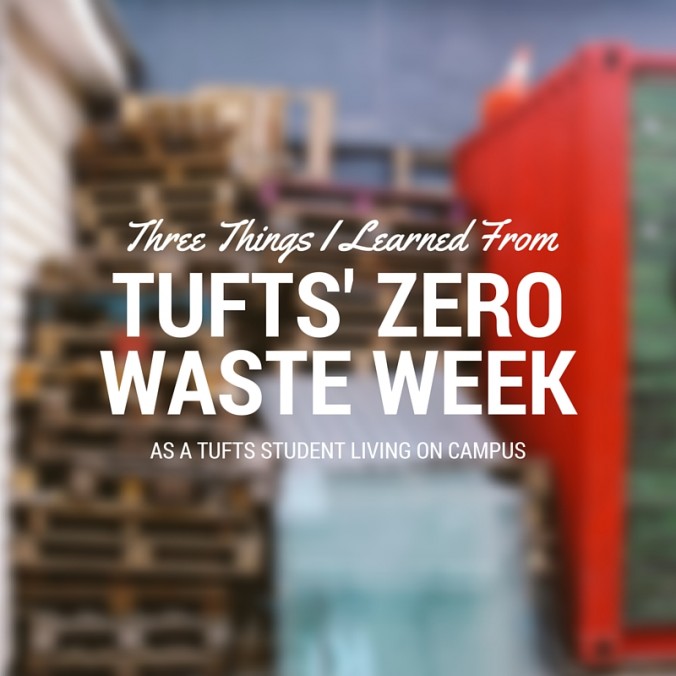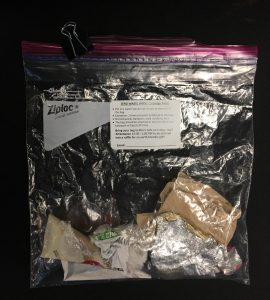Greenbelt seeks a full time (40 hrs/week) land conservation project manager to support our land conservation program. The individual will:
- Work closely with Greenbelt’s Director and Assistant Director of Land Conservation, and Conservation Planner on project research tasks, landowner cultivation and follow up, community outreach, coordinating acquisition due diligence (including title exams, surveys, environmental reports, and appraisals), drafting and submitting state conservation land tax credit applications and the like, grant-writing, and baseline documentation reports
- Represent Greenbelt at frequent evening and weekend events, meetings and other forums
- Have extensive interaction with Greenbelt’s Land Stewardship staff and GIS Manager, as well as development and administrative staff.
- Be the lead organizer of Greenbelt’s annual conservation conference
Required Qualifications:
- BA/BS or higher in a relevant field (law, conservation, environmental studies, planning or natural resources, or realtor training)
- 3-4 years experience in land conservation or related field (volunteer experience considered), real estate/planning/legal experience a plus
- Strong technological skills (MS Office, GIS required, File Maker Pro desirable)
- Ability to work as part of a team as well as independently take initiative to accomplish required tasks and achieve objectives
- Strong communication and interpersonal skills; ability to develop and maintain effective working relationships with a variety of people
- Excellent organizational, project management and written and verbal communication skills.
- Knowledge or experience related to documents pertaining to real estate transactions, such as deeds, title reports, purchase contracts, appraisals, surveys, etc.
- Willingness to represent Greenbelt at events; interact with a wide variety of people; and promote the mission and work of the organization.
- Possess and maintain a valid MA driver’s license and willingness to use a personal vehicle for work-related travel (with mileage reimbursement).
- Knowledge or experience related to conservation land management and stewardship, such as: drafting land management plans; producing baseline documentation
- Ability to read and understand maps and orient oneself and be comfortable traveling on foot in sometimes rough and dense forested conditions and on large rural properties.
Visit their website for more information.
| Application Deadline: November 30th |
| E-mail resume and cover letter electronically (PDF format) to chris@ecga.org |



Find Us On Social Media!